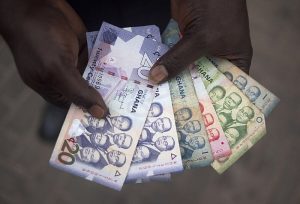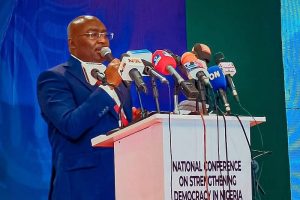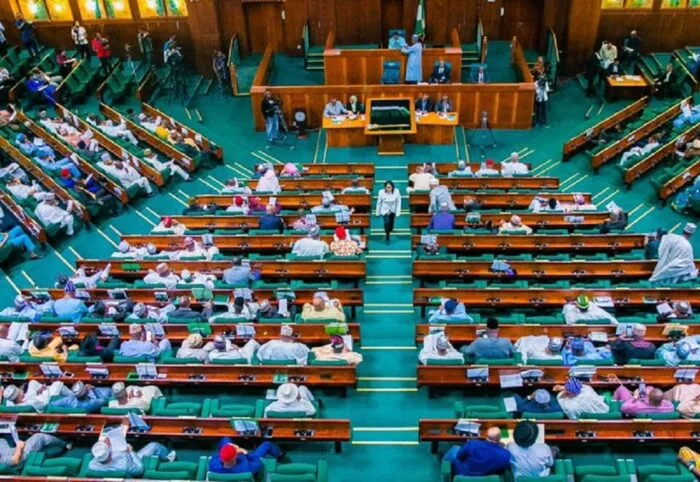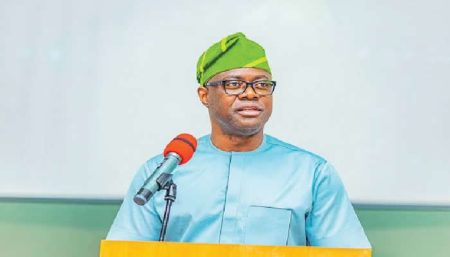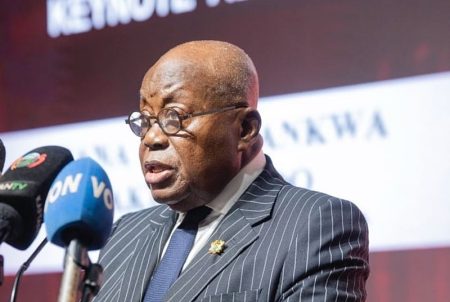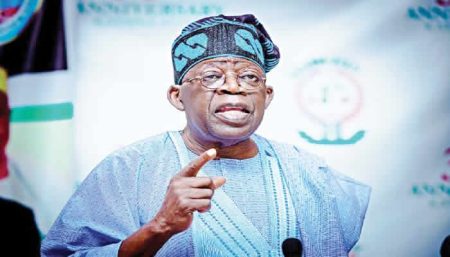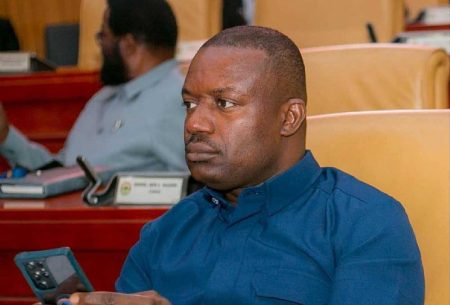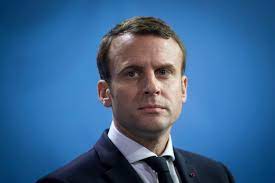The Chairman of the House Committee on Nigeria-European Union Parliamentary Friendship Group, Abdulraheem Abdulmaleek, has pledged to fortify the relationship between the Nigerian House of Representatives and the European Union through consistent parliamentary dialogues. This commitment underscores the EU’s crucial role as a development partner for Nigeria, significantly impacting areas such as security, governance, and climate change mitigation. During an interactive session at the EU Mission in Nigeria, Abdulmaleek emphasized the importance of parliamentary engagement as a vital mechanism to enhance diplomatic ties and foster policy alignment between the two entities. He highlighted the newly established Nigeria-EU Parliamentary Friendship Group’s objective to bolster this relationship beyond executive-level interactions, ensuring long-term collaboration and mutual benefit.
Abdulmaleek’s visit to the EU Mission served as an introductory meeting, signifying the Nigerian Parliament’s proactive approach in strengthening bilateral relations. He stressed that parliamentary cooperation goes beyond mere diplomatic gestures; it represents a strategic avenue for legislative exchanges and policy harmonization, ultimately deepening the partnership between Nigeria and the EU. By facilitating these interactions, the Parliamentary Friendship Group aims to complement the executive branch’s efforts, creating a synergistic approach to bilateral relations. Abdulmaleek expressed confidence that future engagements would lead to structured collaborations yielding tangible benefits for both Nigeria and the EU.
Gautier Mignot, the European Union Ambassador to Nigeria and ECOWAS, welcomed the visit as a pivotal step towards building a stronger synergy between the EU and the Nigerian Parliament. He reiterated the EU’s unwavering commitment to Nigeria, particularly in light of the evolving global landscape that necessitates robust alliances. Mignot highlighted trade and investment as key areas for enhanced cooperation in the coming years, with a focus on engaging the private sector to stimulate job creation and opportunities, especially for young Nigerians. This commitment aligns with the EU’s broader strategy of fostering sustainable economic development and empowering youth in partner countries.
The establishment of the Nigeria-EU Parliamentary Friendship Group represents a significant milestone in deepening the relationship between the two entities. By creating a dedicated platform for dialogue and collaboration, this initiative aims to move beyond traditional executive-level interactions and foster a more comprehensive partnership. Through regular parliamentary parleys, the group will address critical issues of mutual interest, including security, governance, climate change, trade, and investment. This parliamentary dimension complements and strengthens existing diplomatic channels, ensuring a more robust and multifaceted approach to bilateral relations.
The focus on parliamentary engagement underscores the crucial role of legislative bodies in shaping international relations. By fostering direct communication and collaboration between parliamentarians, the Nigeria-EU Parliamentary Friendship Group aims to create a deeper understanding of each other’s priorities and perspectives. This enhanced communication will facilitate the development of joint initiatives and collaborative projects, ultimately strengthening the partnership and delivering tangible benefits to both parties. The group’s focus on legislative exchanges will also contribute to policy harmonization and alignment, ensuring a more coordinated and effective approach to shared challenges.
The EU’s commitment to enhancing trade and investment with Nigeria, particularly by engaging the private sector, holds significant potential for economic growth and job creation. By leveraging the expertise and resources of the private sector, the EU aims to stimulate entrepreneurship, innovation, and sustainable development in Nigeria. This focus on private sector engagement aligns with the broader goal of creating economic opportunities for young people, empowering them to contribute meaningfully to the Nigerian economy and society. The commitment to enhancing trade and investment further strengthens the economic dimension of the Nigeria-EU partnership, fostering mutually beneficial economic growth and development.


